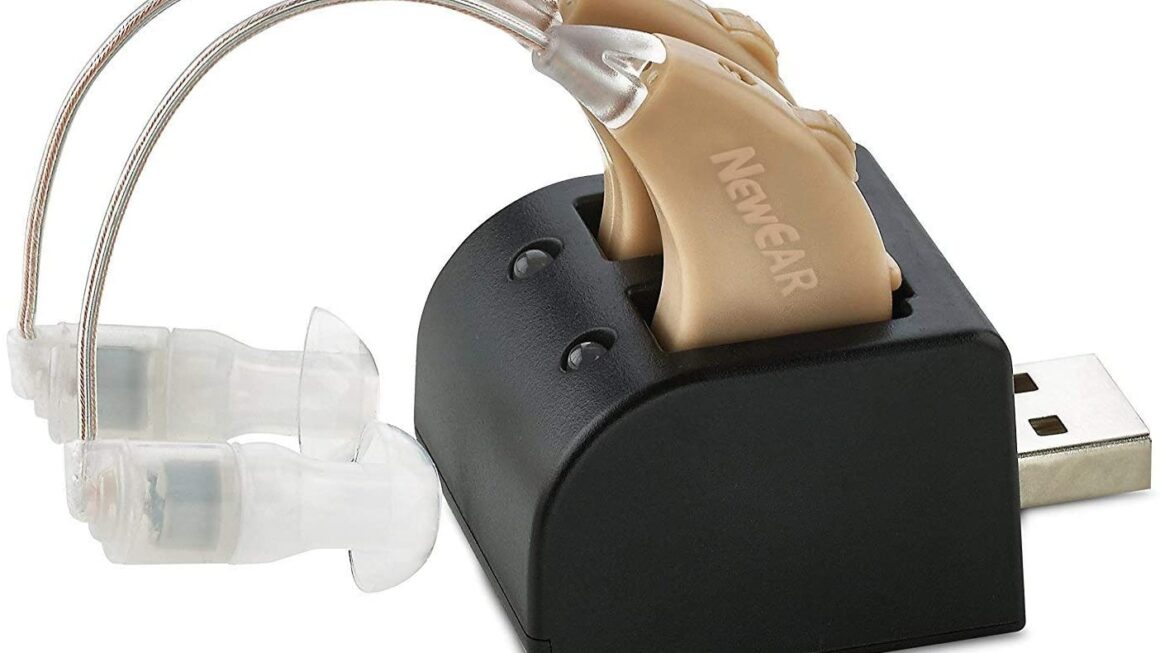Introduction
Migraines are a debilitating type of headache that affects millions of people worldwide. One specific subtype of migraine that can be particularly challenging is known as a complex migraine. In this article, we will explore what complex migraines are, their symptoms, causes, and available treatment options.
Understanding Migraines
Migraines are a type of headache characterized by intense and throbbing pain, often accompanied by other symptoms such as nausea, sensitivity to light and sound, and visual disturbances. They can significantly impact a person’s quality of life and daily functioning. Various types of migraines exist, each with its unique features and characteristics.
Different Types of Migraines
There are several types of migraines, including:
- Migraine without Aura: This is the most common type, characterized by moderate to severe headaches.
- Migraine with Aura: These migraines are preceded by specific warning signs known as aura, which can include visual disturbances, tingling sensations, or speech difficulties.
- Hemiplegic Migraine: This type of migraine causes temporary paralysis or weakness on one side of the body.
- Vestibular Migraine: Vestibular migraines are associated with dizziness, balance problems, and vertigo.
- Complex Migraine: Complex migraines are characterized by a range of neurological symptoms that can mimic a stroke.
What Are Complex Migraines?
Complex migraines, also known as complicated migraines or migraines with prolonged aura, are a subtype of migraine with aura. They are distinguished by the presence of additional neurological symptoms that can be frightening and may last longer than typical migraines.
Symptoms of Complex Migraines
Complex migraines can manifest with a variety of symptoms, including both aura and severe headaches.
Aura and Neurological Symptoms
During a complex migraine, the aura can present itself as:
- Visual disturbances, such as flashing lights, blind spots, or zigzag lines.
- Sensory changes, such as tingling or numbness in the face or limbs.
- Difficulty speaking or understanding speech.
- Muscle weakness or temporary paralysis on one side of the body.
Severe Headaches
Following the aura, complex migraines are often accompanied by intense headaches. These headaches can be unilateral (one-sided) or bilateral (affecting both sides of the head). The pain is typically throbbing and can last for several hours to days.
Additional Symptoms
In addition to aura and headaches, individuals with complex migraines may experience:
- Dizziness and loss of balance.
- Fatigue and exhaustion.
- Nausea and vomiting.
- Sensitivity to light, sound, or certain smells.
Causes and Triggers of Complex Migraines
The exact causes of complex migraines are still not fully understood. However, several factors are believed to contribute to their development and triggering.
Genetic Factors
There appears to be a genetic predisposition to migraines, including complex migraines. If a family member experiences migraines, there is an increased likelihood of developing them as well.
Hormonal Changes
Hormonal fluctuations, particularly in women, can trigger migraines. This includes changes during menstruation, pregnancy, and menopause.
Environmental Triggers
Certain environmental factors can act as triggers for complex migraines. These triggers can vary from person to person but may include:
- Certain foods and beverages, such as chocolate, cheese, or alcohol.
- Strong odors or perfumes.
- Weather changes, such as changes in barometric pressure or high humidity.
- Stress and emotional factors.
- Lack of sleep or changes in sleep patterns.
Diagnosis of Complex Migraines
Diagnosing complex migraines involves a thorough evaluation of symptoms, medical history, and physical examination. Healthcare professionals may also use additional tests to rule out other conditions and confirm the diagnosis.
Medical History and Physical Examination
The doctor will ask detailed questions about the frequency, duration, and characteristics of your headaches and associated symptoms. A physical examination will also be conducted to check for any neurological abnormalities.
Neurological Tests
Neurological tests may be performed to assess brain function and rule out other underlying conditions. These tests can include imaging scans like MRI or CT scans, as well as electroencephalogram (EEG) to record brain activity.
Imaging Tests
In some cases, imaging tests may be ordered to rule out other potential causes of neurological symptoms. These tests can help identify any structural abnormalities or brain lesions that may be contributing to the migraines.
Treatment Options for Complex Migraines
The management of complex migraines involves a combination of medications, lifestyle modifications, and alternative therapies.
Medications
Medications can be prescribed to treat both the acute symptoms and prevent future migraines. These may include:
- Pain relievers: Over-the-counter pain medications like ibuprofen or naproxen sodium may help alleviate mild to moderate headaches.
- Triptans: These medications are specifically designed to target migraines and can provide relief by narrowing blood vessels in the brain.
- Anti-nausea medications: These medications can help alleviate nausea and vomiting associated with migraines.
- Preventive medications: Certain medications, such as beta-blockers, antidepressants, or anticonvulsants, may be prescribed to reduce the frequency and severity of migraines.
Lifestyle Modifications
Making certain lifestyle changes can also be beneficial in managing complex migraines. These can include:
- Identifying triggers: Keeping a migraine diary to track potential triggers and avoiding them whenever possible.
- Stress management: Learning stress reduction techniques, such as relaxation exercises or meditation, can help minimize the impact of stress on migraines.
- Maintaining regular sleep patterns: Establishing consistent sleep routines and ensuring an adequate amount of sleep each night.
Alternative Therapies
Alternative therapies may be used as adjuncts to traditional treatment approaches. These can include:
- Acupuncture: Stimulating specific points on the body with fine needles to promote pain relief and relaxation.
- Biofeedback: Using specialized equipment to monitor and control bodily functions, such as heart rate and muscle tension, to reduce migraine symptoms.
- Herbal supplements: Certain herbal supplements, like butterbur or feverfew, have shown promise in reducing the frequency and severity of migraines.
Prevention and Management
While it may not be possible to completely prevent complex migraines, certain strategies can help manage and minimize their impact.
Identifying Triggers
Identifying and avoiding triggers that have been linked to migraines can significantly reduce their occurrence. By keeping a migraine diary and tracking patterns, individuals can gain insight into their unique triggers and take appropriate preventive measures.
Stress Management
Since stress is a common trigger for migraines, practicing stress management techniques can be beneficial. Engaging in regular exercise, getting enough rest, and participating in activities that promote relaxation and well-being can help reduce stress levels.
Regular Sleep Patterns
Maintaining consistent sleep patterns by going to bed and waking up at the same time each day can help regulate the body’s natural sleep-wake cycle and minimize the risk of migraines.
Conclusion
Complex migraine is a challenging subtype of migraine characterized by prolonged aura and a wide range of neurological symptoms. While the exact cause is still unknown, effective management strategies are available. By understanding the symptoms, triggers, and available treatment options, individuals can seek appropriate medical care and make lifestyle modifications to improve their quality of life.
FAQs (Frequently Asked Questions)
Can complex migraines be cured?
Currently, there is no known cure for migraines, including complex migraines. However, with proper management and treatment, the frequency and severity of migraines can be significantly reduced.
Are there any specific foods that trigger complex migraines?
Food triggers can vary from person to person. Common trigger foods include chocolate, aged cheeses, caffeine, and alcohol. It’s essential to keep a migraine diary to identify individual triggers accurately.
Can complex migraines be inherited?
There is evidence to suggest that migraines, including complex migraines, can have a genetic component. If a close family member has migraines, the risk of developing them is increased.
How long do complex migraines typically last?
The duration of complex migraines can vary. Aura symptoms can last from a few minutes to several hours, followed by a headache that can persist for hours or even days.
Can stress trigger complex migraines?
Yes, stress is a common trigger for migraines, including complex migraines. Managing stress levels through relaxation techniques and stress reduction strategies can help reduce the frequency and intensity of migraines.












